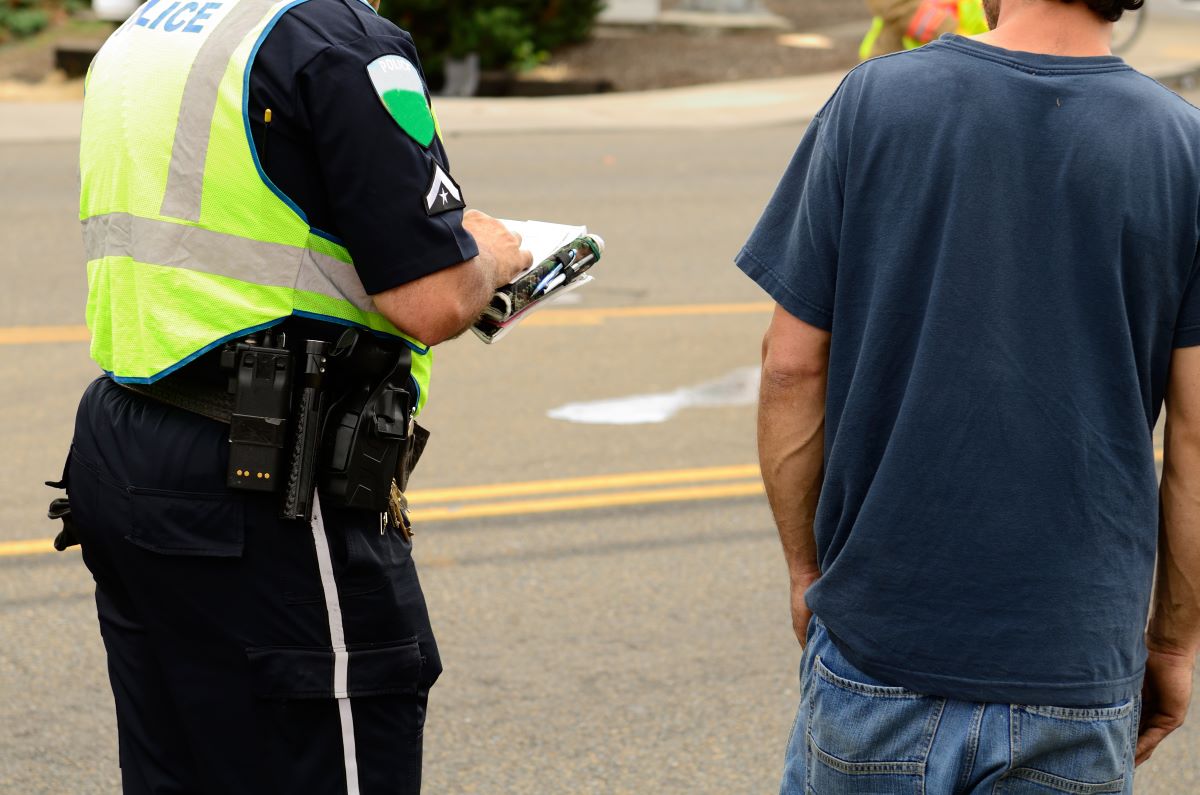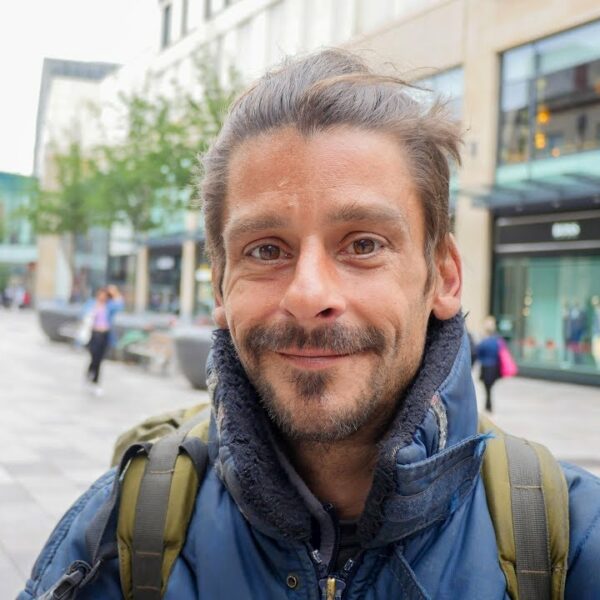And Why Do We Care More About Rules Than People’s Lives?
We often see everyday people being arrested or sued for taking the common sense actions they can to alleviate some of the suffering they see.
Whether it’s Food Not Bombs feeding people meals or a local church opening its doors in freezing temperatures (against zoning regulations), there seems to be much more energy going into prosecuting the banal legalities of it than actually solving the problem costing people their lives.
What causes this, and how can we overcome it? What if all the people “just doing their jobs” just…didn’t?
The Ever Expanding Criminalization of Homelessness
We’ve seen many ways in which homelessness itself is being made into a crime, from sit/lie bans to encampment sweeps to the myriad of creative and cruel ways cities find to dictate which public spaces unhoused people are not allowed to use.
Criminalization efforts allow governments to sweep people under the rug and into for-profit prisons. It gets NIMBYs off their back without actually upsetting the status quo that allows:
- for people to lose access to housing in the first place
- others to profit off their imprisonment
- a share of those profits to be donated to politicians willing to allow all this to continue
But apparently, the rising number of unhoused people does not provide enough grist for the mill. Now, the criminalization machine is widening its sights to include anyone who is trying to step in where the government has failed and actually help the people who have fallen through the gaping holes in the system.
The System Is Working As Intended
You know how anytime the idea of a universal basic income is mentioned, capitalists scream and cry and insist that if everyone gets paid enough to afford their basic necessities, no one will want to work anymore? (Honestly, when aren’t they saying that no one wants to work anymore?)
What they really mean by that is that if people had enough financial security to not put up with abusive work environments, their bosses wouldn’t be able to exploit them as much anymore. And exploitation is extremely profitable.
Homelessness is a tool of capitalism, used as a threat to keep people in line.
You have to work three jobs and put up with your boss yelling at you all day because if you don’t, it’s very likely that you’ll end up homeless and denied access to life’s most essential requirements.
All they need to do is ensure that the conditions of the job are better than the conditions of homelessness- which can be achieved in two ways:
- Either improve the conditions of the job, which costs money that bosses are unwilling to part with, or
- make the conditions of homelessness even worse through over policing and criminalization, which costs money that bosses are happy to part with!
Conditioning Derision is Difficult
When we see our neighbors being forced to live with less than they need to live a safe, happy, and comfortable life, our natural response is compassion and helpfulness. We want to pitch in any way we can to share our abundance and help them weather their time of need.
This breeds community and solidarity, two things that are terrifying to those who wish to exploit us as they make us more resilient and resistant to their exploitation. We are stronger together, and it’s taken a lot of effort to make us forget that. It has taken decades of misinformation, myths, and fear mongering to get us to the divided place we find ourselves in now.
Things haven’t always been this way, and they’re actually in quite a fragile state. While unfavorable attitudes toward homeless people may seem profoundly entrenched and can be deadly, the reality is that a little bit of deprogramming can reawaken compassion in a lot of people.
This is why it’s so important to the status quo to make rules restricting who can help homeless people and how. This is why we see people repeatedly fined and arrested for showing basic compassion and offering common sense things like food or a warm place to sleep.
The more people lead with their humanity and form a connection with unhoused people who, as it turns out, are just like them save for a few differences in circumstance, the more people realize that the portrayal of homeless people as violent, dangerous, drug-addled crazy people is a convenient lie.
The more we can dispel this carefully crafted illusion, the closer we move to true solidarity.
Criminalizing Compassion Toward Homeless People Shows the Cracks
The criminalization of compassionate actions to help homeless people is a desperate action on the part of a system that needs to preserve itself at all costs. And, I think, a mistake. The public reaction when someone gets punished for providing aid to those who need it most is almost always one of surprise and disapproval, save for a few of the most dedicated bootlickers.
These events can even act as eye-opening moments for people who see that enforcing rules against helping people who really need some help makes no sense for governments who insist that they’re doing everything they can to solve the ongoing homelessness crisis. Often, observers suddenly become aware, watching events like these, that they’re being lied to.
That’s a hard place to be at first, but following that feeling and the curiosity it brings up can lead you to places like these, where you can read about the realities of homelessness in this country and beyond.
That knowledge can reconnect you with your compassion that’s been deliberately suppressed, which can lead to action and the spread of this newfound perspective to others in your social circle. This pattern probably resonates with a lot of you reading this right now and likely more to come in the future.
Keep spreading the message wherever you can- homeless people are just that. People.













